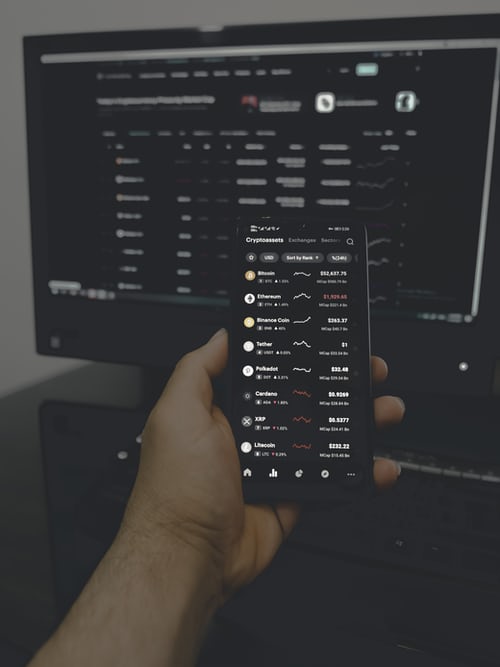Things You Need to Know About Blockchain In Healthcare!
Blockchain technology rendered by the bitcoin complex at the very instance is considered as the upcoming pioneering aspect and frontier of the healthcare industry. Blockchain technology is claimed to revolutionize the health care industry by ample perks subjected to the complex. The bitcoin blockchain is a basic transparent ledger offering information and fact about transactions and records present in the blocks to be mined. You can find more information regarding smart ways for trading .
You might be wondering, blockchain and the health care industry are utterly dissociated from each other, how it can help in the industry. Here is a complete set of portions demonstrating things you must be aware of about blockchain in healthcare. Let’s jump straight to the facts:
- Blockchain is an extremely transparent public ledger rendering facts and reports about the transaction of the bitcoin complex. The concept of bitcoin was introduced along with the notion of cryptocurrency king, bitcoin. In a nutshell, bitcoin was invented in 2009, and so was blockchain technology. The technology of blockchain is the utmost sizzling and supreme mode of technology.
- The transaction or records of the blockchain are subjected to a peer-to-peer network of nodes. Nodes are the computing systems involved in the bitcoin complex processing an entire copy of the blockchain. Rather than being stored in a central vault, the complex is distributed into diversified entities. The entire network of blockchain is highly encrypted by the bitcoin algorithm and cryptographic hash function. Blockchain basically uses two major cryptographic hashing function known as the securing hashing function 256 and nonce.
- The nonce is the basic cryptographic function generating a digit length of 32 bits, moreover nonce is the only function where every miner perform the process of generating hash power slightly lesser than the targeted hash in order to accomplish the process. Later the 32-digit bits is converted into a securing hash function of 256 bit.
- Blockchain is claimed to be of utmost benefit in the financial industries; however, recently, ample blockchain-based startups are noticed in the health care industry at the very same time. Conferring the CEO of Humana, blockchain is the revolutionizing technology and must be widely accepted in the health care industry. In the case of the validation and verification process of the patients, blockchain can assist the physicians by availing previous information rendered about the patient on the ledger.
- Blockchain is a complete decentralized progression as it is interlinked with the blockchain technology and every progression of the bitcoin complex is devoid of any third parties such as government bodies, national banks. The non-involvement of third parties in the complex cuts the storing of the database to any third party; moreover, no middlemen can intervene between the progressions.
- A supreme model suggested by the analysts is population health; the exceeding extent of accessibility rendered by the blockchain complex will permit patients to access the database just hassle-free. Moreover, several renowned models are being introduced in the health care industry, followed by the concept of blockchain. Gem, a health care network, developed a model of sharing information regarding patients’ identity and EMRs on the complex.
- The component of blockchain blocks and these blocks are interlinked with each other with a reference of the previous block alongside the timestamp and history of the transaction. Moreover, the blocks of the blockchain are equipped with a diversified hash function of the nonce. There is almost 4 billion nonce hashing function subjected to 4 billion blocks on the blockchain.
- If the exact model of blockchain is utilized in the healthcare industries, the model can do wonders in the industry as the data rendered on the blockchain is totally unalterable due to the interlinking of blocks in between the blockchain and the bitcoin highly encrypted in the algorithm. The data processed on the blockchain can help physicians to acquire a suitable outcome in terms of the treatment of an explicit disease as the blockchain will allow the physician to evaluate the symptom of diseases and the reaction of the patient’s body. The ability to keep patients’ data transparent, incorruptible, and secure is one of the many benefits of blockchain in healthcare.
Technology also allows patients to control and revoke access to their logs.
These are few crucial things you need to know about bitcoin blockchain in the health care industry.

